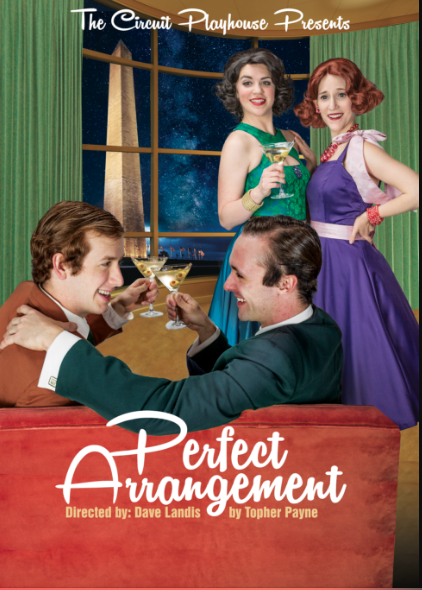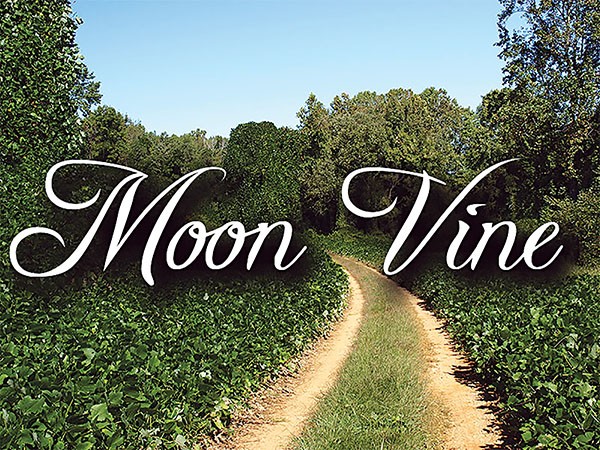While creating this Winter Arts Guide, compiling this long (yet not even comprehensive) list of exhibitions, shows, and various other arts events, I had the pleasure to speak with Ned Canty, Opera Memphis’ director, whose interview you’ll find in this guide. At the end of our conversation, he remarked, “Some things are worth leaving the house for.” And indeed, whether it’s an Opera Memphis show or an artist talk at the Dixon, this arts guide is here to remind you that some things are worth leaving the house for.
…

Opera Memphis’ Variations on a Theme
This year, Opera Memphis introduced a new concert series to bridge between the gap the opera-curious and the opera-enthusiast. Called Variations on a Theme, the series explores “all kinds of vocal music, not just opera,” says Ned Canty, Opera Memphis’ general director. “The goal is to move beyond [opera] into other genres of music and … to look at connections between, say, jazz and opera, blues and opera, hip-hop and opera — all of those things, which we’ve historically either done as one-offs or as online things. The idea here is to now kind of graduate to doing them live.”
Each concert, Canty says, revolves around a different theme, complementing concurrent programming by other local arts organizations. In October, Opera Memphis’ first Variations on a Theme incorporated musical pieces inspired by Shakespeare’s A Midsummer Night’s Dream to coincide with Ballet Memphis’ run of the ballet version. The organization also partnered with Memphis Symphony Orchestra in November and will partner with Theatre Memphis in April. “We’re trying to rebuild some of these connections that were so robust before the pandemic that I think we almost took them for granted,” says Canty.
For January’s Variations on a Theme, Opera Memphis will partner with TONE for an “In the Words of Langston Hughes”-themed performance, which will include spoken word and Hughes’ poems set to music. Unlike Opera Memphis’ collaborations with the aforementioned arts organizations which focus on coinciding programming, this concert will look to a future project with TONE. The objective, Canty says, is for Opera Memphis’ January show to inspire TONE artists to create new music. “We have some money and we will choose the number of artists who are part of TONE’s mission and pay them to create new works, new sort of short songs, that reflect their experiences and the experiences of Memphis.” The hope is for Opera Memphis to then use these new works in future performances, such as its 30 Days of Opera.
Overall, Variations on a Theme, Canty says, is “a compact, enjoyable experience to maybe meet some new music, maybe hear some old favorites, maybe meet some new people. Having an intimate musical experience that you’re sharing with other people, that really is, at its base, what we’re trying to remind people of and how special that is.”
Variations on a Theme: In the Words of Langston Hughes, Opera Memphis Headquarters, 216 S. Cooper St., Saturday, January 27, 7:30 p.m.; Sunday, January 28, 3 p.m., $25.
…
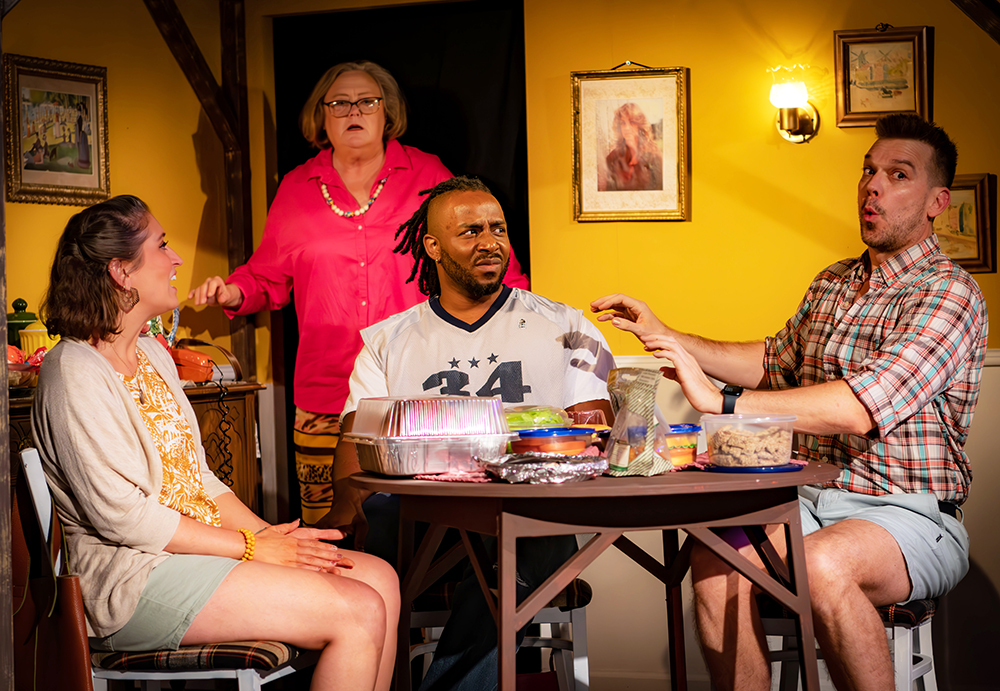
NewWorks@TheWorks: Greater Illinois
In January, Memphis will be treated to the world premiere of Greater Illinois, thanks to Playhouse on the Square’s NewWorks@TheWorks Playwriting Competition. The play, written by Steven Strafford, is set in a near future Chicago. “In theory, it’s dystopian,” says Savannah Miller, director of NewWorks. “It’s a play basically about what happens if we turn a blind eye to injustices, and how far those justices can go.”
Strafford’s play was one of two winners of 2022’s competition, with Bryan Curtis’ comedy Don’t Hydroplane being the other, having premiered in July. Both of them received a prize of $750 and premieres in Playhouse’s season. “And they’re billed in our season right next to the regional premieres of Catch Me if You Can and Your Arm’s Too Short to Box with God,” Miller says, “so that’s kind of special in and of itself.”
For the NewWorks competition, established in 2013, Playhouse solicits submissions beginning in January, and a “panel of local directors, actors, and designers carefully select six plays to be part of a staged reading series. Of those six plays, two are chosen to be fully produced as part of an upcoming season to be presented onstage and streamed nationwide,” reads the submission guidelines.
“It’s pretty open compared to other playwriting competitions,” Miller says, “so it kind of gives a lot of newer playwrights a chance to get their work out there. … A lot of times once you’ve had that first production you can apply for publishing and for other opportunities, as well.”
Already, Playhouse has announced the two winners of 2023’s competition: LaDarrion Williams’ Coco Queens and Dianne Nora’s Six Men Dressed Like Joseph Stalin. This year saw a historic number of submissions, with over 500 works entered for consideration.
Yet, the playwrights aren’t the only ones who benefit from the competition. Memphis does, too. “It’s great to have something like this in Memphis, in the Mid-South,” says Miller. “We’re bringing these cutting-edge plays that have stories that people need to hear and narratives that people may not always get exposed to, especially in the South.”
For the competition, Miller says, “We try to choose scripts that are important narratives and that uplift historically underrepresented narratives. Memphis is a very diverse city. We want works that speak to that and speak to the Memphis experience.”
The upcoming play Greater Illinois, for instance, touches on themes of gentrification, sexuality, race, and intersectionality. “I think that’s a very good question for folks nowadays to be thinking, so I hope people learn a lot from it or leave the theater with questions.”
Greater Illinois, TheatreWorks@TheSquare, 2085 Monroe, January 12-28, $25.
…

“Kaylyn Webster: Commune (verb)”
Just a year after earning her BFA from Washington University in St. Louis, Kaylyn Webster has celebrated her first solo exhibition at a museum. Her show, titled “Commune (verb),” opened in October at the Dixon Gallery & Gardens.
“I remember like it was just yesterday, coming to field trips here,” she says. “I went to Overton High School and Colonial Middle, and we would come up here all the time and look at other people’s work, and now it’s mine up here. It’s insane to me.”
The pieces in the show, Webster explains, are portraits of her family members and close friends. “I want to humanize the figures that I painted and hopefully to also humanize people of color in general,” she says. “I want [viewers] to want to know more about these people and their stories.”
For her paintings, Webster shares intimate moments with her loved ones, from the jubilant with her nephews playing horns, clad in Nikes and Jordans, to the more vulnerable with her mother recovering from Covid at the height of the pandemic. The paintings themselves are large in scale, practically larger than the artist herself. “I really want you to feel like you’re a part of these intimate moments,” Webster says.
In composing her works, Webster channels the styles and techniques of the art she learned about in her Western art courses, the very art that historically excluded Black men and women. “I love the style of it, the realism,” she says. “I love the symbolism and the deep narratives and the scale of it. I just wanted to represent people of color using those techniques.”
Yet she adds, “I always want at least one figure looking out at viewers to engage them more in the piece, and to challenge that trend that I saw in art history of Black servants and maids just not being able to look out. It’s almost like a tool to dehumanize them, so I want the stares to re-humanize the figures.”
Only one painting in the show features a person Webster does not know, a woman who upon meeting her in her studio space at Arrow Creative handed Webster a photograph of herself. “She wasn’t going to do anything with the photo, so she allowed me to paint it,” Webster says. “I feel like you can get to know her through her smile, the wrinkles in her face, her hands. I don’t know this woman, but I was able to connect with her. I guess that’s an example of myself participating in the effect that I want to have on other people as they see the show. … I just hope people can feel the emotions for these figures that I feel for them in real life and take that empathy and respect that they have from this exhibition and extend it to people they encounter in everyday life.”
“Kaylyn Webster: Commune (verb),” Dixon Gallery & Gardens, 4339 Park, on display through January 7.
…
ON DISPLAY
“Welcome In”
Sheet Cake’s inaugural exhibition.
Sheet Cake, on display through January 6
“Black American Portraits”
The exhibition chronicles the many ways in which Black Americans have used portraiture to envision themselves.
Memphis Brooks Museum of Art, on display through January 7
“Black Artists in America: From Civil Rights to the Bicentennial”
The exhibition considers the ways in which Black American artists responded to the issues of the 1950s to 1970s.
Dixon Gallery & Gardens, on display through January 14
“The Molasses Man & Other Delta Tales”
An anthology of stories based on Ahmad George’s life and experiences.
Crosstown Arts, on display through January 21
“Days”
Exhibition of Noah Thomas Miller’s work.
Crosstown Arts, on display through January 21
“Hued”
Exhibition of Rachelle Thiewes’ vibrant jewelry.
Metal Museum, on display through January 28
“China Blues: The World of Blue & White Ceramics”
Spectacular works of Chinese art, including jades, paintings, textiles, and ceramics.
Memphis Brooks Museum of Art, on display through May 2024
“Marking Time”
Bold landscapes by Remy Miller and sensitive and introspective paintings by Joe Morzuch.
Dixon Gallery & Gardens, January 14-April 14
“It’s a Memphis Thang”
New works by Anna Kelly and Calvin Farrar.
Buckman Arts Center at St. Mary’s Episcopal School, January 19-March 7
“Everyday People: Snapshots of the Black Experience”
Exhibition showcasing Memphis artist Eric Echols’ photo collection of twentieth-century African Americans.
Museum of Science & History, January 20-July 14
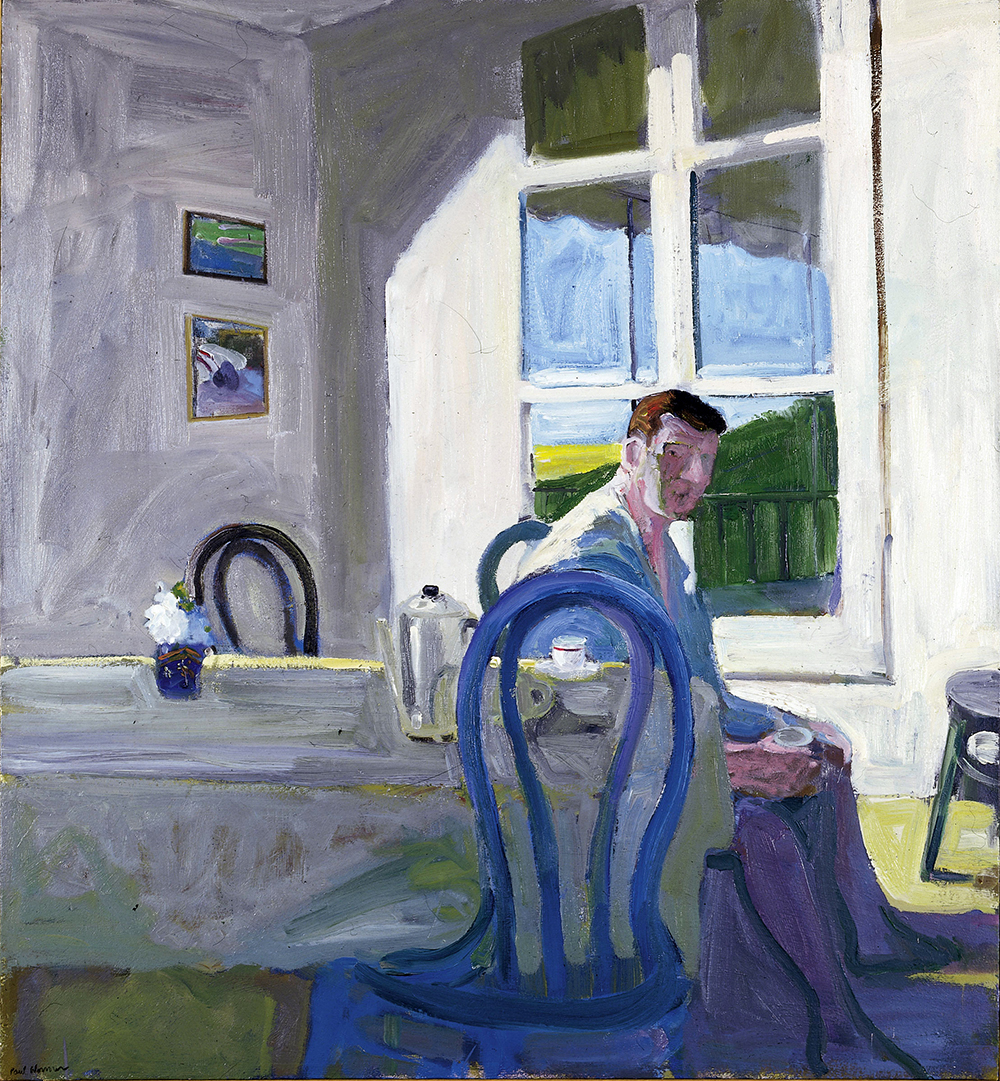
“Breaking the Rules”
Paintings, watercolors, and drawings by Paul Wonner and Theophilus Brown.
Dixon Gallery & Gardens, January 28-March 31
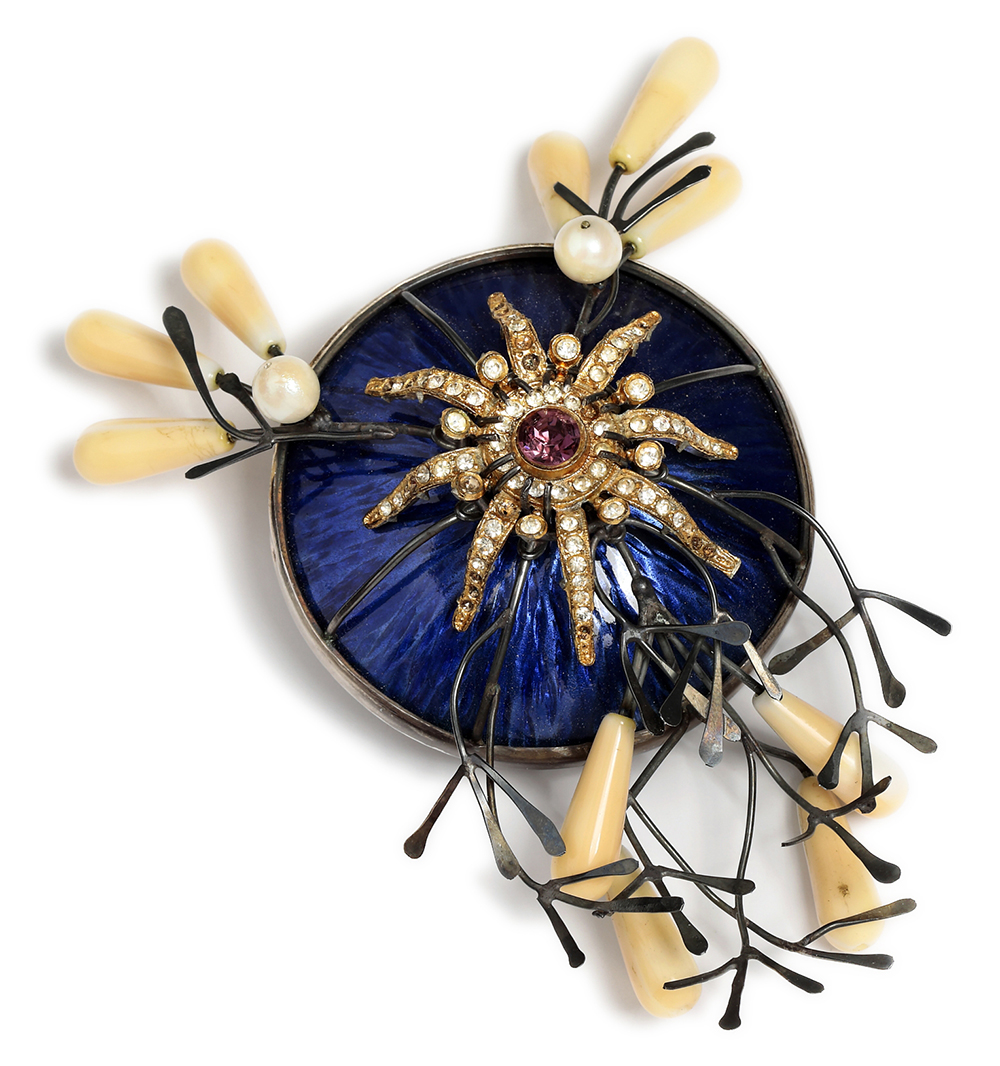
“Radical Jewelry Makeover: The Artist Project”
Ethical Metalsmiths’ innovative community mining project repurposes jewelry to create sustainable art.
Metal Museum, February 4-April 14
ON STAGE
Company
Stephen Sondheim and George Furth’s groundbreaking musical comedy.
Orpheum Theatre, January 2-7
Viva Elvis Birthday Pops Concert
The Memphis Symphony Orchestra presents their annual concert featuring the King’s music.
Graceland Soundstage, January 6, 7 p.m.

ABBA Revisited
Kick off 2024 with the music of ABBA.
Bartlett Performing Arts & Conference Center, January 13, 3 p.m., 7 p.m.
A Raisin in the Sun
Lorraine Hansberry’s classic play.
Theatre Memphis, January 19-February 4
Charlie and the Chocolate Factory
Journey through Willy Wonka’s factory in this fantastical musical.
Playhouse on the Square, January 19-February 18
Iris Collective: Small Business Series
Music Box instructors and Iris musicians present a lively evening fusing classical and popular music.
Music Box, January 19, 6:30 p.m.
The Children
Lucy Kirkwood’s play presents a very real, post-nuclear world.
Germantown Community Theatre, January 19-February 4
Guitar Ninja Trace Bundy
Internationally acclaimed guitar virtuoso Trace Bundy must be seen, not just heard.
Buckman Arts Center at St. Mary’s Episcopal School, January 26, 7 p.m.
The Lehman Trilogy
The rise and fall of one of the most influential families in modern finance.
The Circuit Playhouse, January 26-February 11
A Streetcar Named Desire
Tennessee Williams’ postwar drama.
Tennessee Shakespeare Company, February 1-18
Confederates
Dominique Morisseau’s exacting new play explores the reins that racial and gender bias still hold over American educational systems today.
Hattiloo Theatre, February 2-25
Les Miserables
One of the most celebrated musicals in theatrical history.
Orpheum Theatre, February 2-11
Rise
Collage Dance’s hallmark ballet.
Cannon Center for the Performing Arts, February 3-4
The Glass Menagerie
A Southern classic favorite.
Theatre Memphis, February 9-25
Memphis Songwriters Series
Discover your next favorite local artist.
Halloran Centre, February 15, 7 p.m.
A Bite of Memphis
Lone Tree Live delves into the heart and soul of Memphis by exploring the vibrant food culture of our city.
Evergreen Theatre, February 16-March 3
The Squirrels
A boundary-pushing, darkly satirical look at wealth inequality.
New Moon Theatre Company, February 16-March 3
Orchestra Unplugged: Mozart’s The Magic Flute
A 45-minute version of Mozart’s most fun and fantastical opera with Memphis Symphony Orchestra and Opera Memphis.
Halloran Centre, February 22, 7:30 p.m.
Afro-Latino Night Fiesta
Las Bompleneras Unplugged will showcase Afro-Puertorican Bomba and Plena music.
Memphis Music Room, February 23, 6:30 p.m.
Succession
Succession explores the world of Black theater.
Hattiloo Theatre, February 23-March 24
Winter Mix
Ballet Memphis’ repertoire production.
Playhouse on the Square, February 23-25
Trinity Irish Dance Company
A performance that will redefine what is possible for Irish music and dance.
Germantown Performing Arts Center, February 24, 8 p.m.
The Sound Inside
This play explores the limits of what one person can ask of another.
Quark Theatre, March 1-17
Awadagin Pratt: Piano Prowess
An unforgettable evening with the renowned pianist.
Germantown Performing Arts Center, March 2, 7:30 p.m.
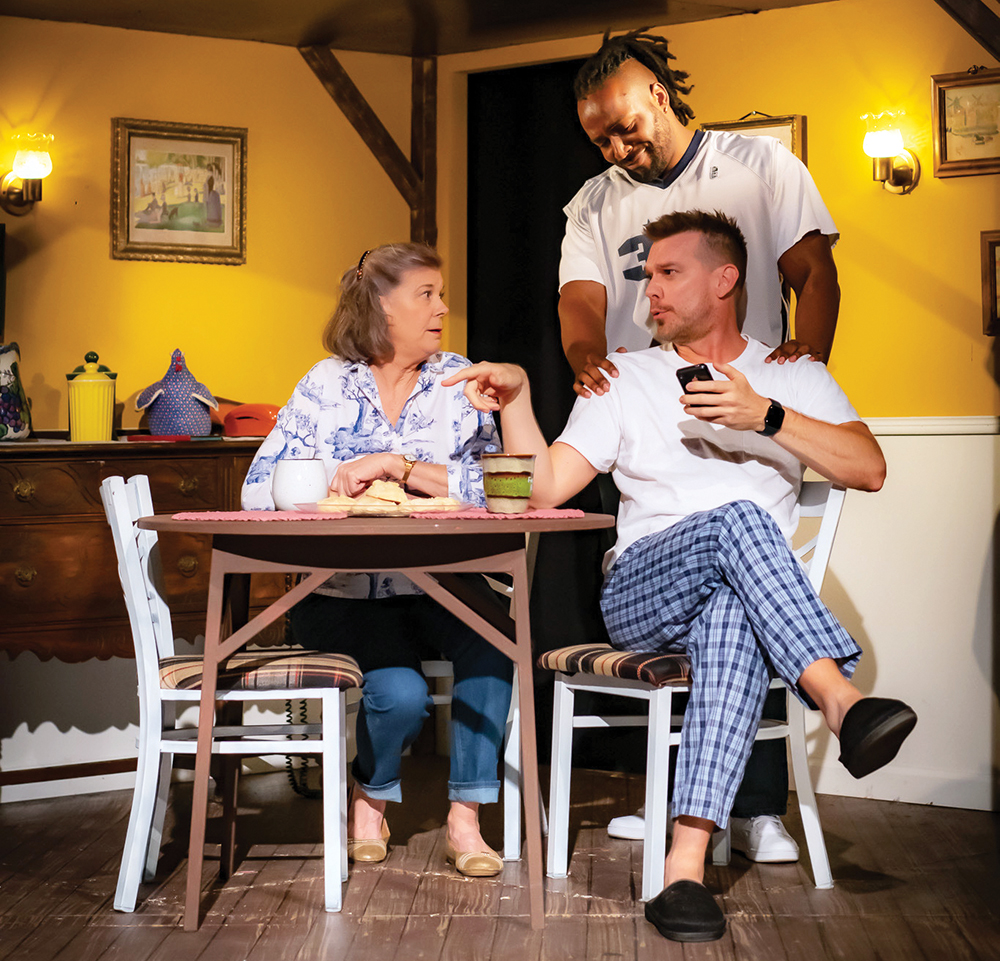
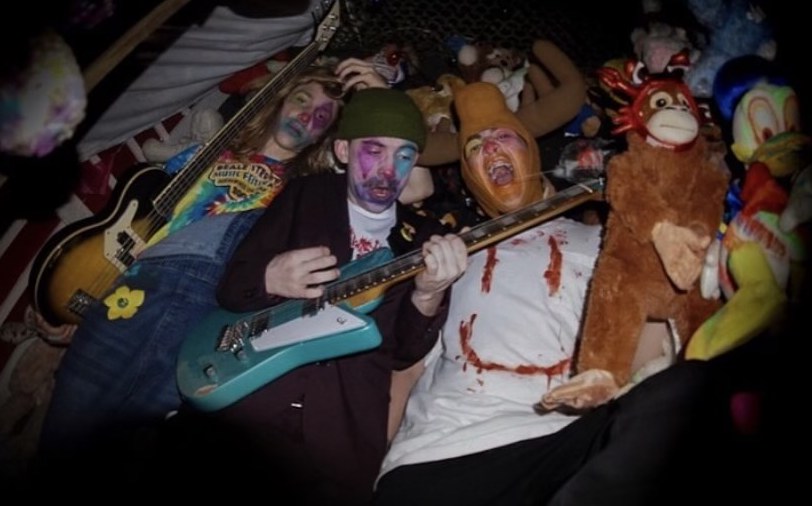
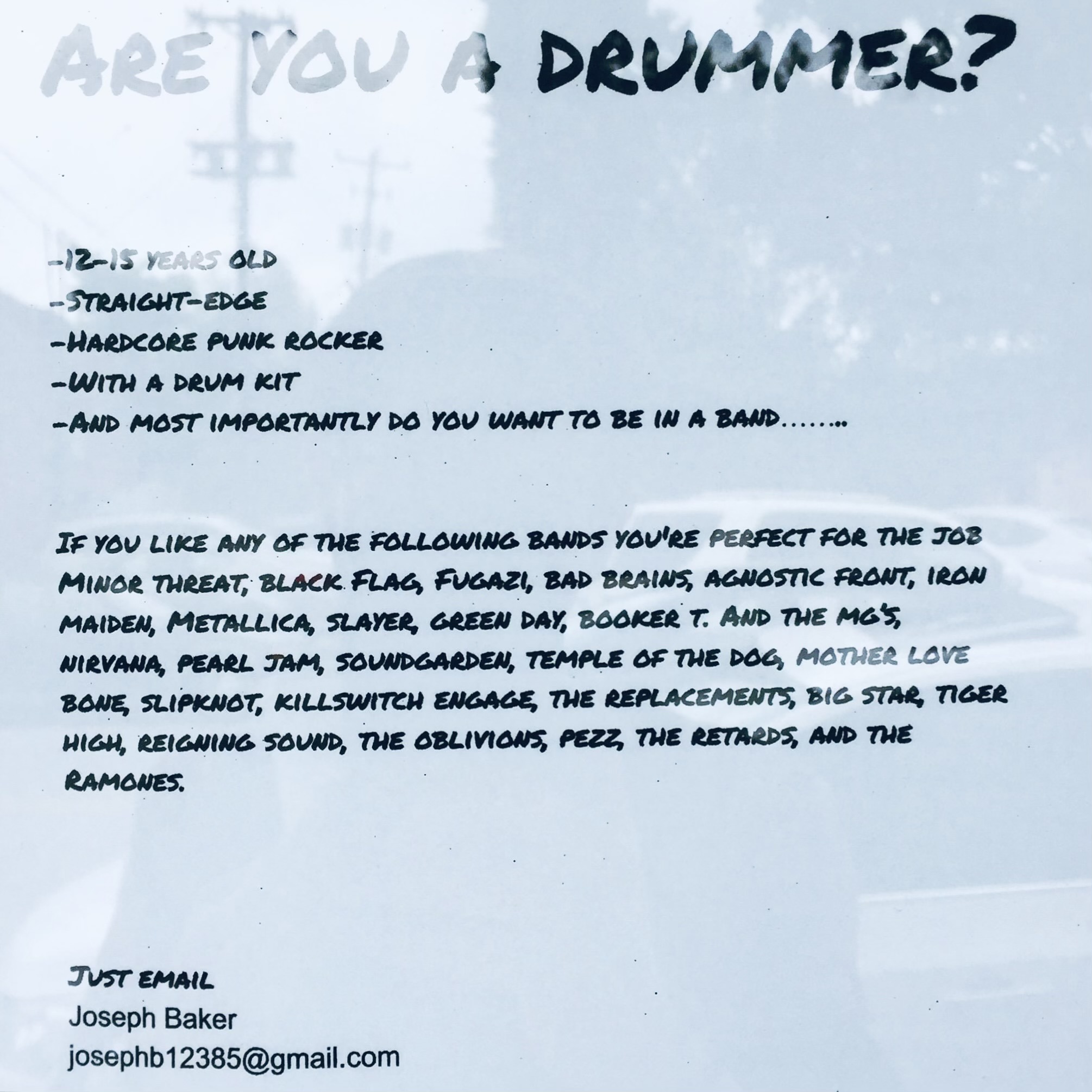
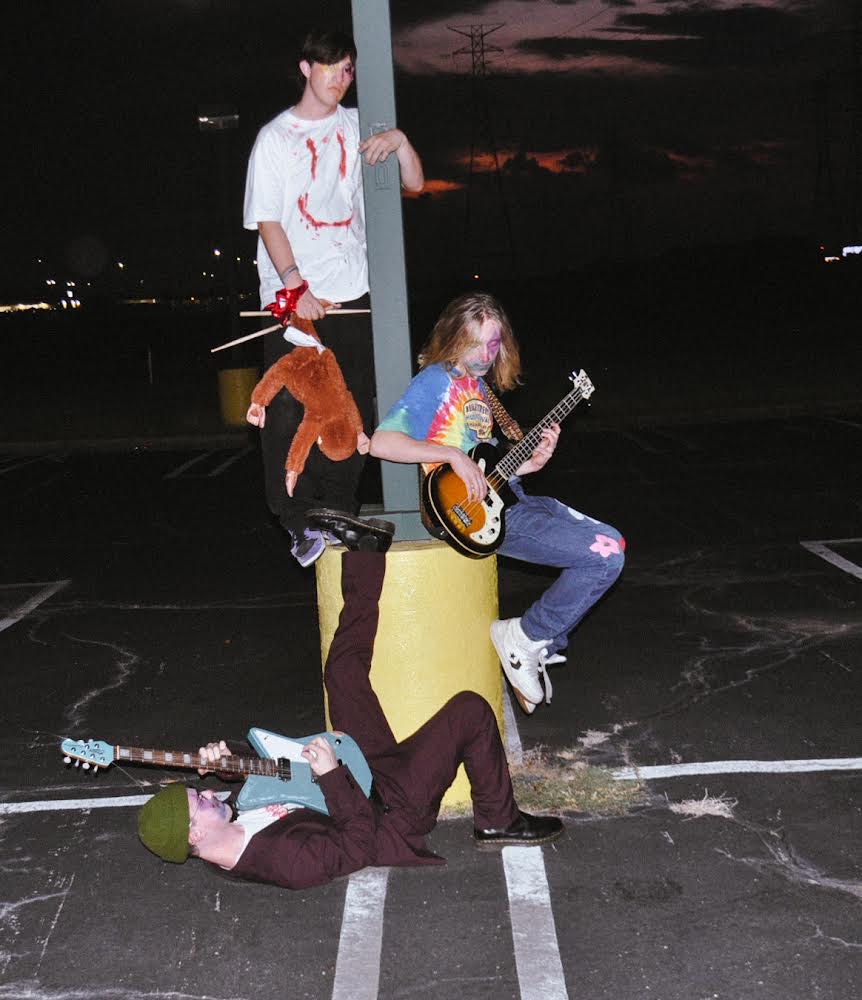








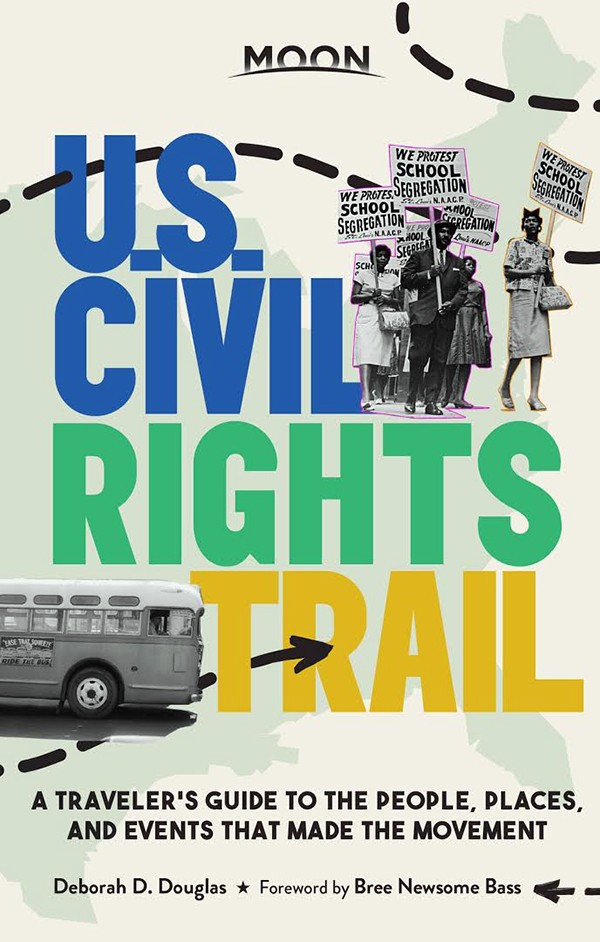
 Courtesy Memphis Redbirds
Courtesy Memphis Redbirds  Alysse Gafkjen
Alysse Gafkjen 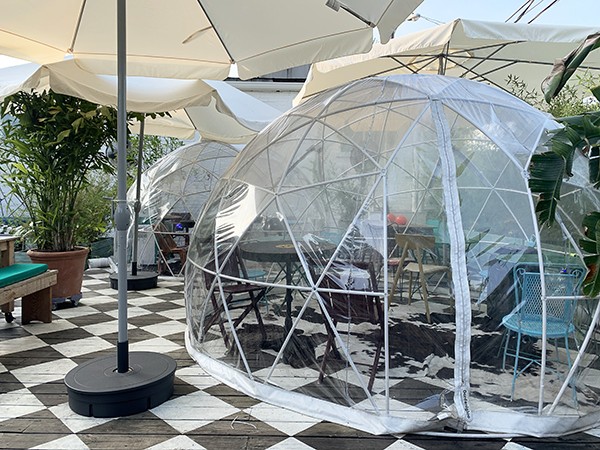 Samuel X. Cicci
Samuel X. Cicci  Courtesy Memphis Brooks Museum of Art and Crystal Bridges Museum of American Art
Courtesy Memphis Brooks Museum of Art and Crystal Bridges Museum of American Art 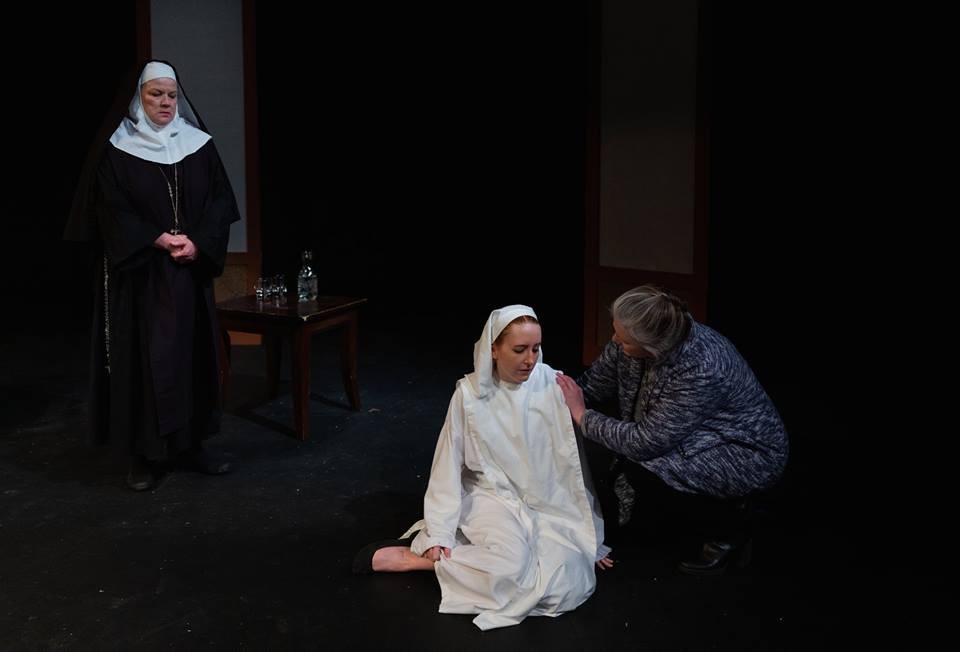 Chase Yarwood-Gustafson
Chase Yarwood-Gustafson 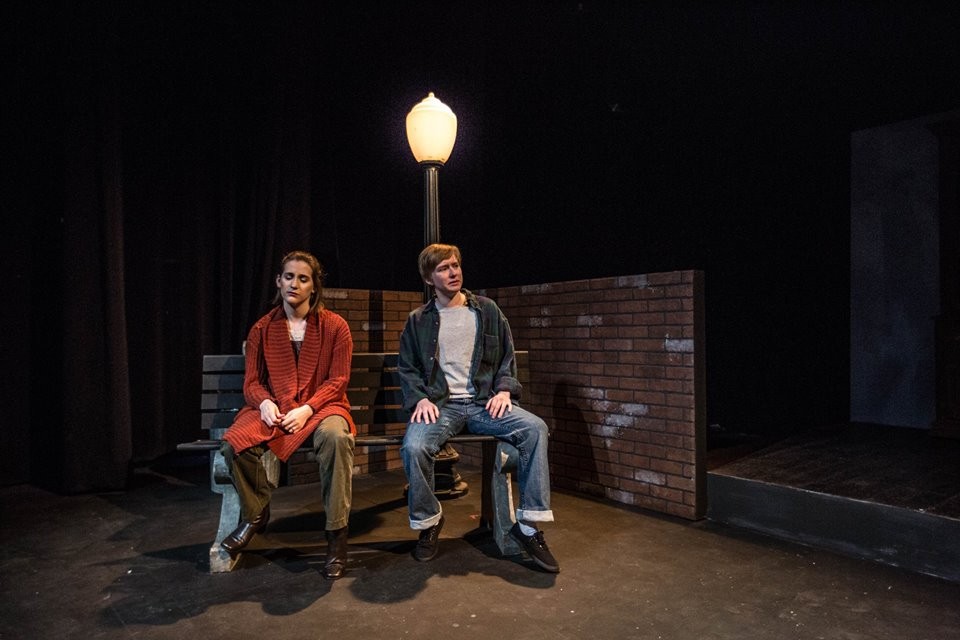
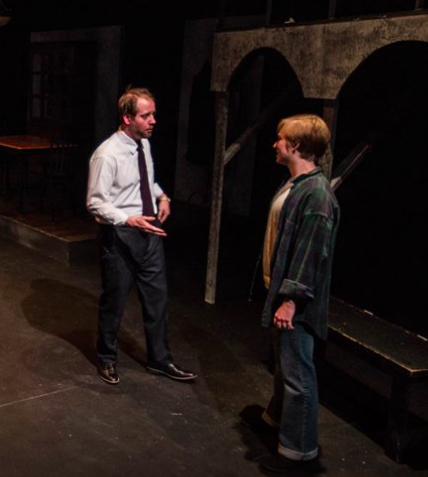
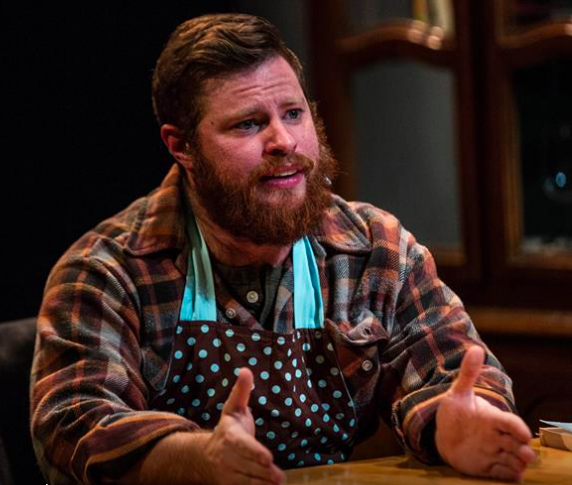
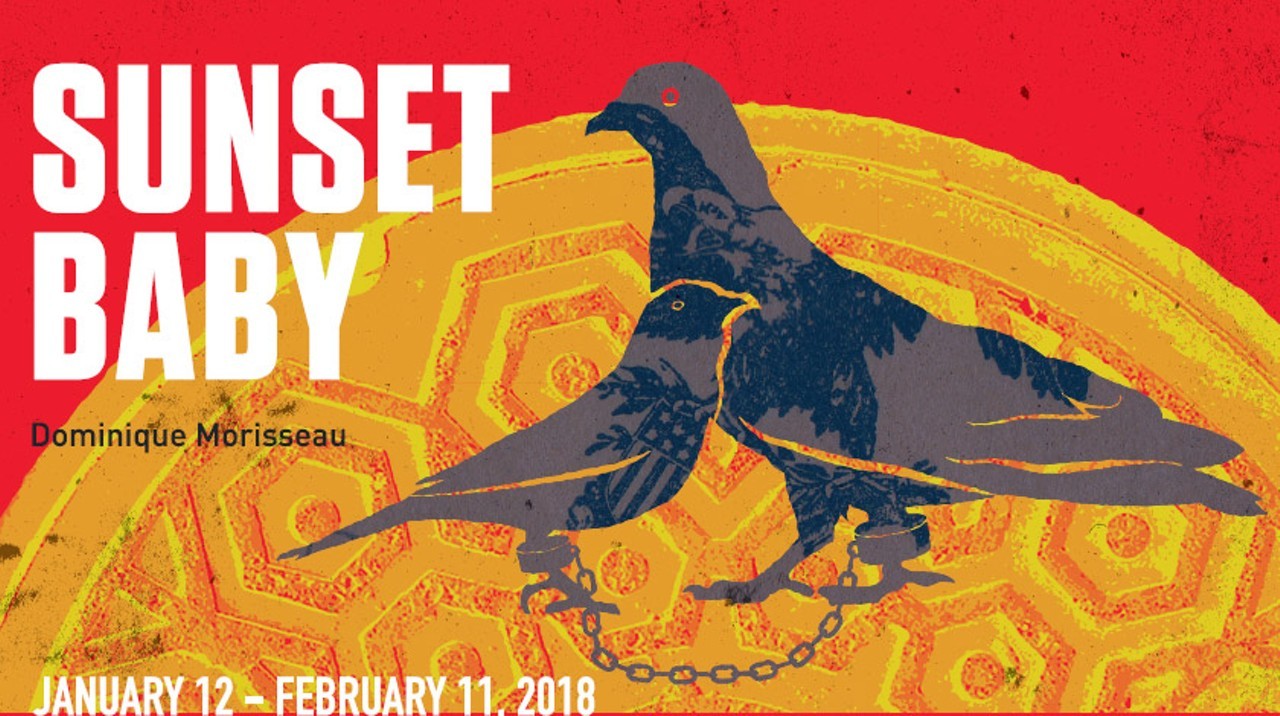
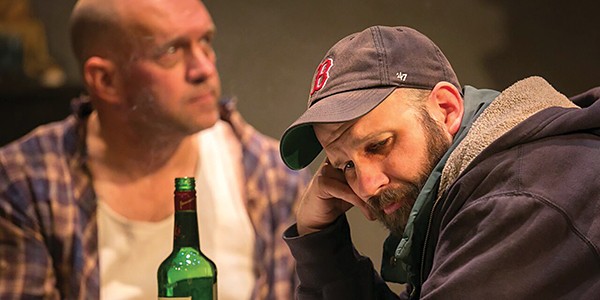 Carla McDonald
Carla McDonald 
